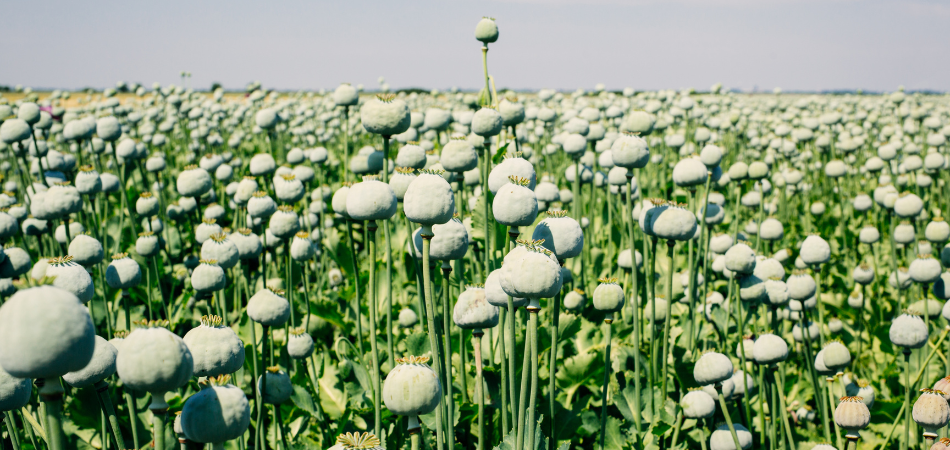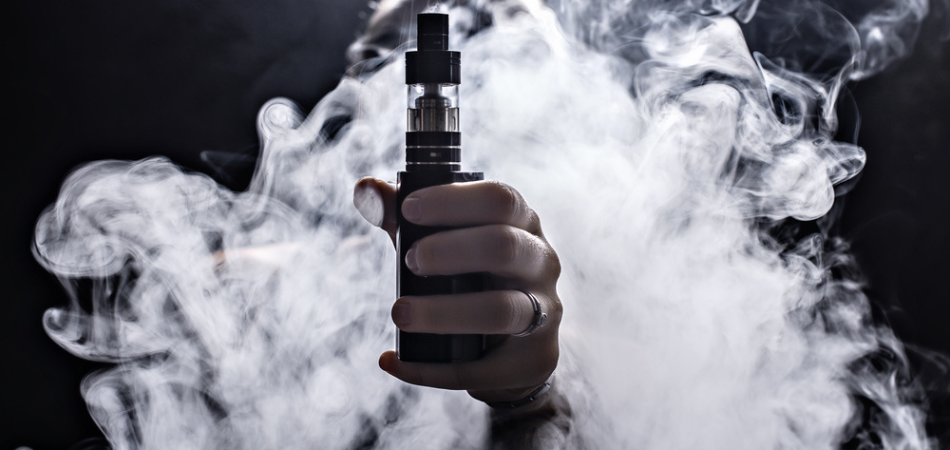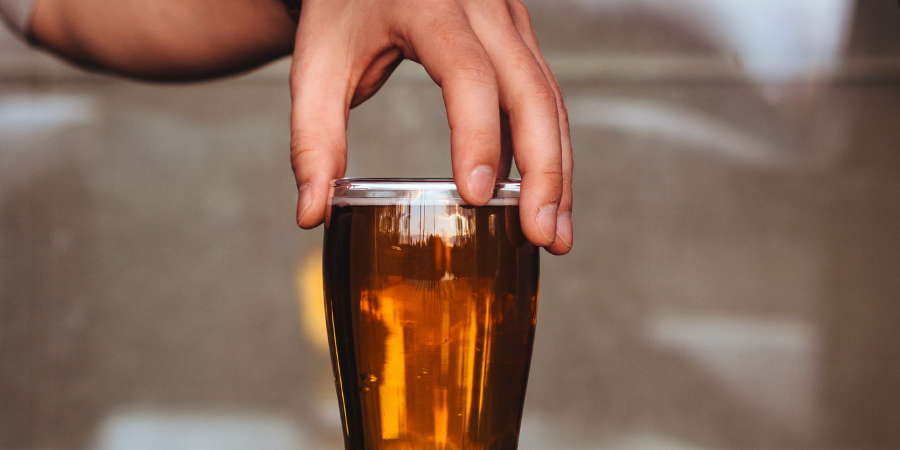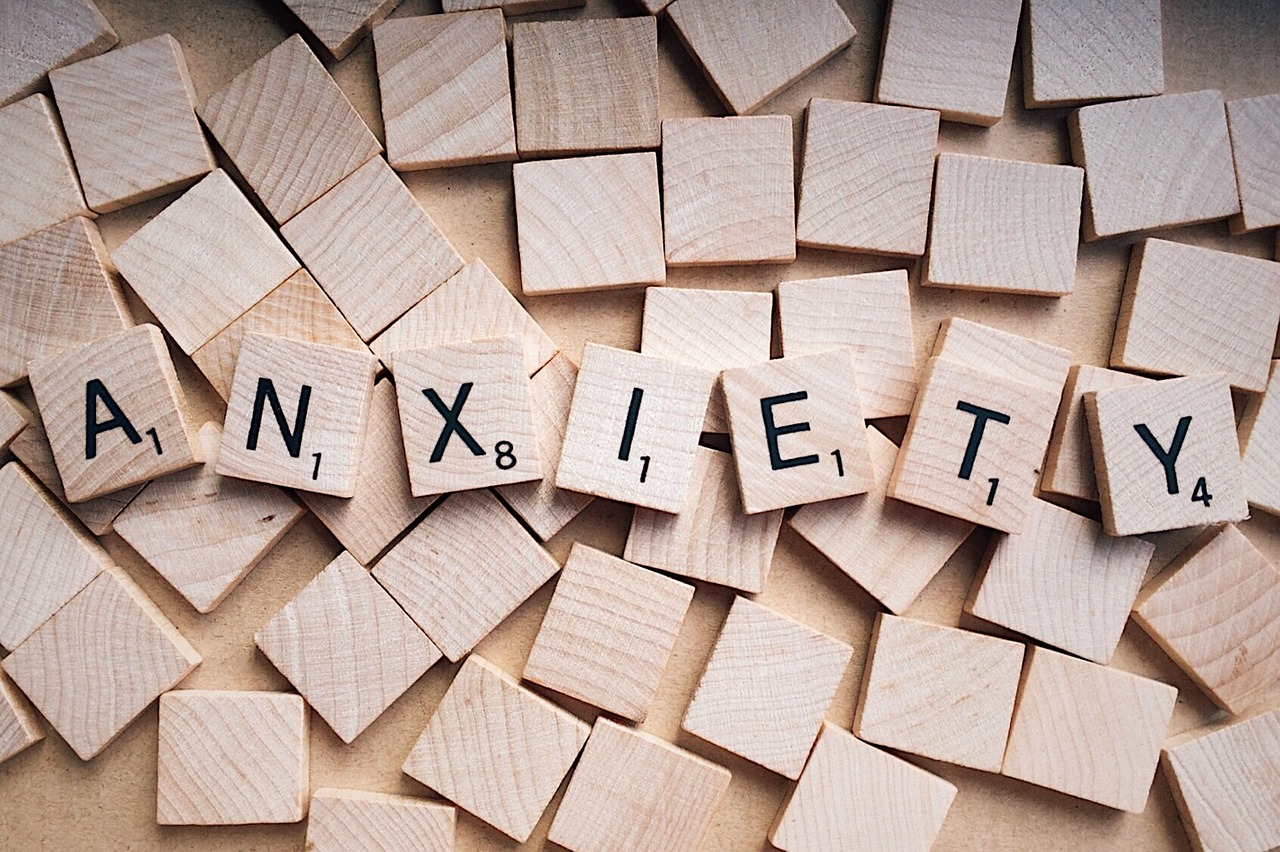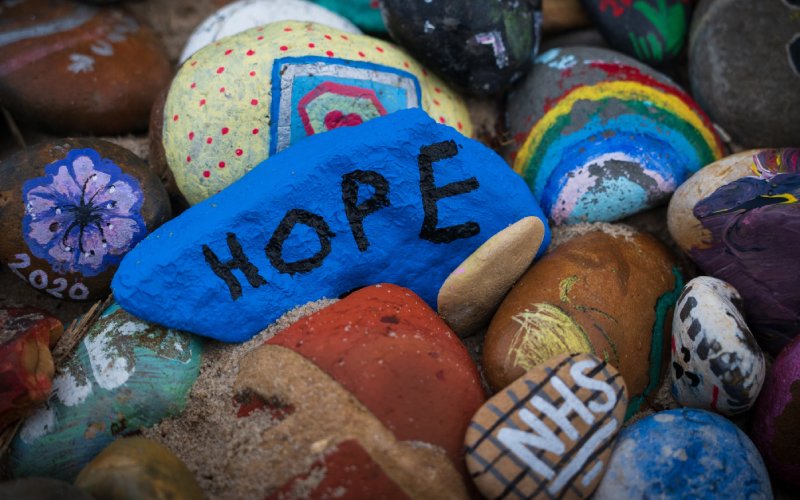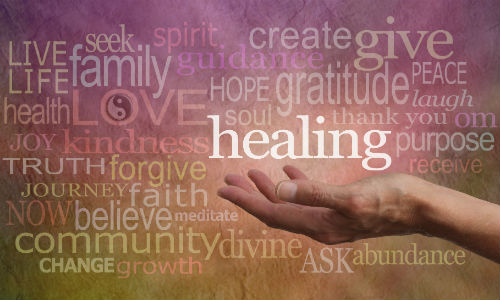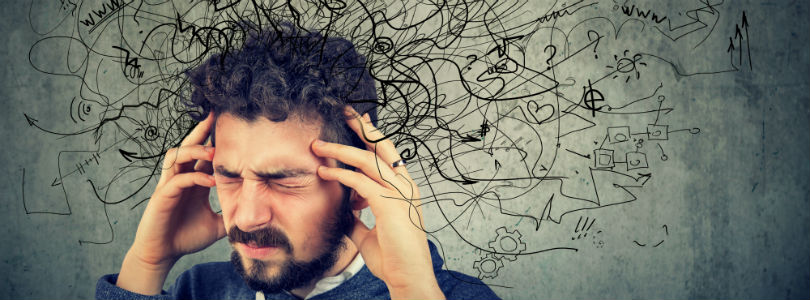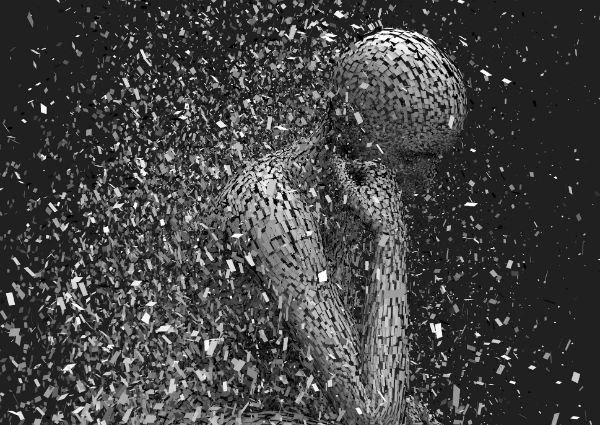Addiction

Written by:

Medically Reviewed by:
This Page was last reviewed and changed on December 5th, 2023
There are various different types of addictions that one can suffer from, all of which fall into three key categories:
Drug addiction
Drug addiction is a form of substance addiction that happens when a person is dependent on achieving a high – often from illegal drugs. When it comes to drug addiction, the more addicted a person becomes, the higher their tolerance grows, which can have health implications. Drug addictions come in various forms, so it’s important to educate yourself on each.
Behavioural addiction
Behavioural addiction happens when a person is addicted to engaging in various behaviours. Often, these behaviours bring about a short-lived “high”, causing the person to crave an excess of it. Behavioural addiction can reveal itself in many ways. But, as with substance addiction, it can bring about destructive health consequences.
Alcohol addiction
Alcohol dependency, also known as alcoholism, happens when a person becomes reliant on alcohol to sustain their day-to-day life. This can result in damaging health consequences. The initial stages of alcohol addiction can be difficult to spot, recognising these symptoms early is crucial for initiating timely intervention and preventing further escalation of the problem.
What is addiction?
Addiction is a serious condition which causes you to rely on something to such an extreme that it is a danger to your mental and (very often) physical health. You may hear people use the term ‘addiction’ to exaggerate a specific passion for something, such as “I’m addicted to chocolate” or “I’m addicted to football”. Yet, while they may be fond of these items, addiction is not present unless they are physically or psychologically dependent on these things.
The line between passion and addiction begins when a person is completely dependent on something in order to feel normal, which brings about numerous adverse outcomes in their lives.
Who can get addicted?
Anyone can develop an addiction. UKAT is resolute in the belief that addiction doesn’t discriminate; as with other mental illnesses, addiction doesn’t care how much money you make, your gender, your social and cultural background, or your age. Addiction is a disorder that latches on to a person and eats away at their character. They may behave in ways that are unexpected or incomprehensible, but it’s essential that we do not cast labels on those suffering from addiction, as this is out of their control, and they need medical support.
Why do people become addicted?
There are four main causes of addiction. These are trauma, habit, genetics and environmental factors:
Trauma
More often than not, there are subterranean reasons for addictions. Mental health issues such as depression, anxiety, ADHD, and PTSD, can increase the risk of addiction. Such problems can derive from various traumatic life experiences such as grief, breakups or unemployment.
It started recreationally
Substance addictions chemically alter the way a person feels, resulting in an instant high. It’s plausible that people may become addicted after experimenting with substances recreationally without realising it.
Certain behavioural addictions create a psychological high each time a person partakes in a specific behaviour, resulting in them feeling a solid impulse to recreate the same high. As with substance dependency, people may engage in these activities recreationally, unaware they are becoming addicted.
Genetics
All addictions, whatever form they come in, are responsible for increasing dopamine in the brain, thus making those who are addicted feel (temporally) good. In some cases, genetics play a role in why people develop strong physical compulsions, as the brain’s neurons affect the level of reward messages in the brain.
Environmental factors
Many environmental factors contribute to addictive behaviour, such as: mirroring family behaviours, the cost of the substance (whether it is easily obtained), and in some circumstances, location plays a role.
Therefore, there is no single answer as to the cause of addiction. The road to addiction is complex, just like human beings themselves. People have a unique story that has led them toward addiction.
How do I know if I have an addiction?
It can be challenging to identify an addiction, especially if people have specific behavioural habits. But an addiction spirals out of control when a person requires more and more to satisfy a desire and achieve a high. This then births a variety of problems. If you can resonate with many of the below, we advise you to consider support:
- I try to hide my addiction from others
- My tolerance is growing (I need to do it more often or increase the quantity)
- I get unpleasant withdrawal symptoms whenever I attempt to stop
- It is costing me financially (this may mean borrowing excessively or not having enough money to pay bills)
- It is damaging my relationships with family, partners, and friends
- It is causing me to neglect my responsibilities or my job
- I don’t feel ‘normal’ without my fix
- I am aware of the negative consequences, but I am unable to stop
How do people overcome addiction?
As with all mental health conditions, the first step is acceptance. Allowing yourself to acknowledge you have a problem is the most pivotal step.
Once you accept this, you now have the choice to recover. Addiction is a chronic condition, which fortunately means it is treatable. Many people seek medical attention to help them physically overcome addiction. For example, a safe and supervised medical detox is ideal for those with substance addictions. This goes hand-in-hand with talking therapies such as Cognitive Behavioural Therapy and one-on-one counselling. Talking allows the therapist and patient to delve into the root cause of addiction. Additionally, many people find relief in various holistic methods such as group therapy, arts, creative expressive outlets, Yoga, and meditative therapies.
As with each unique cause of addiction, the individual’s road to recovery is multifaceted and bespoke. However, what matters most is that you know there is a way out of addiction and a chance for you to regain control of your life.
Frequently asked questions





















